EXPLORING GUIZHOU ETHNIC MINORITIES: WUDONG MIAO VILLAGE
During my trip to visit the ethnic minorities of Guizhou Province, I made my final stop in the Miao ethnic village of Wudong (乌东村 – Wū dōng cūn).
The village is located in the Qiandongnan Miao and Dong Autonomous Prefecture (黔东南 苗族 侗族 自治州), 30 km from Xijiang Qianhu (西江 千户 苗) and 50 km from Kaili, the biggest city of the area (凯里 市), 1300 meters above sea level nestled on the hillside of the Leigong Mountain, among terraced fields, vegetables gardens, and lush forests.
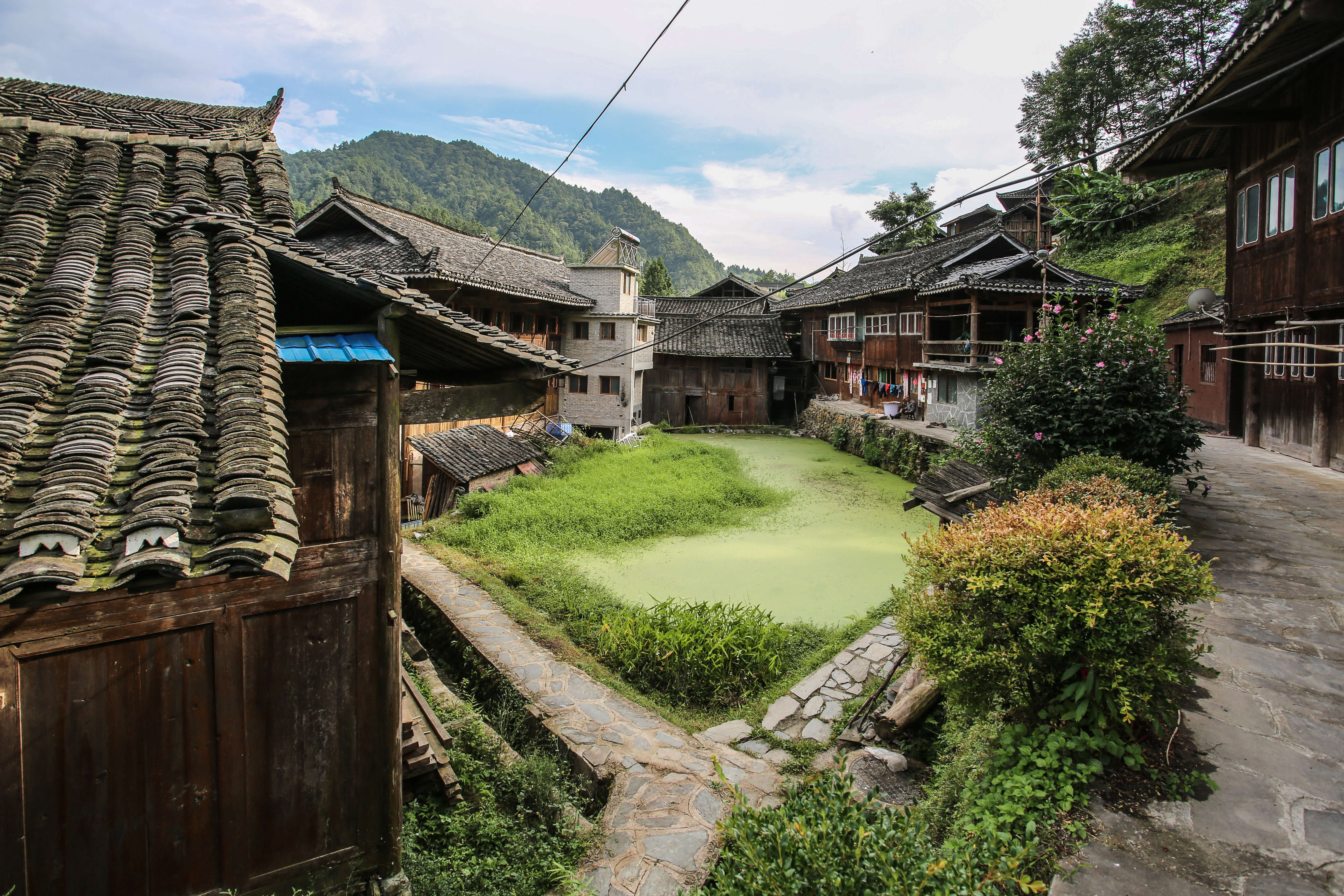
Formed by around 100 houses and inhabited by about 500 people, Wudong in recent years is trying to develop rural, eco-tourism in order to lift its inhabitants out of poverty, as stated on a board at the entrance to the village.
The village is entirely made out of the traditional Miao type of dwelling, the Diaojiao Lou.
This traditional type of dwelling is made entirely of wood and held together only with joints. No nails are used during the construction, which allows the building to be disassembled, into replaceable parts.
Usually the houses have 3 floors: the first is for livestock, the second is where people live, and the third floor is used for storage.
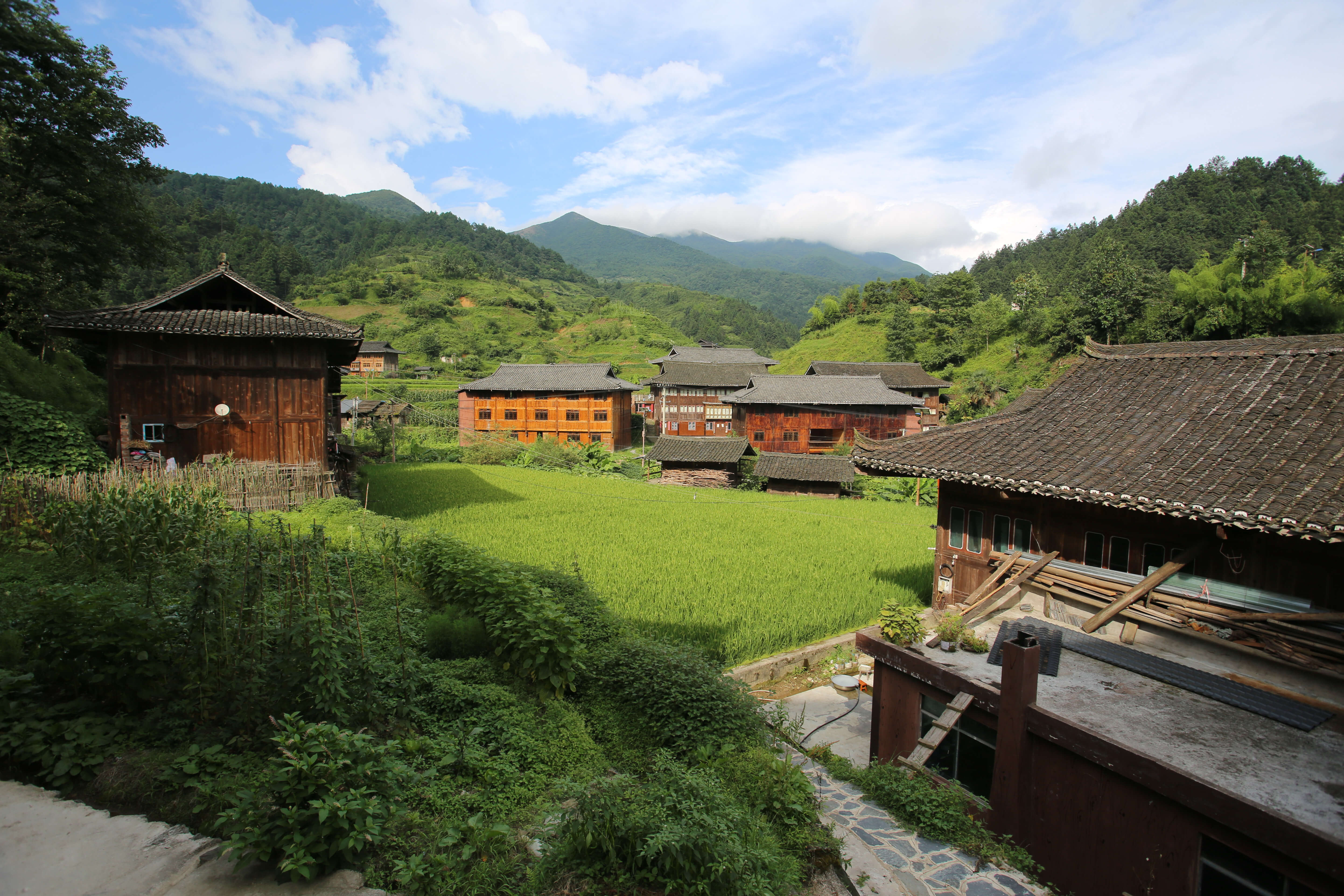
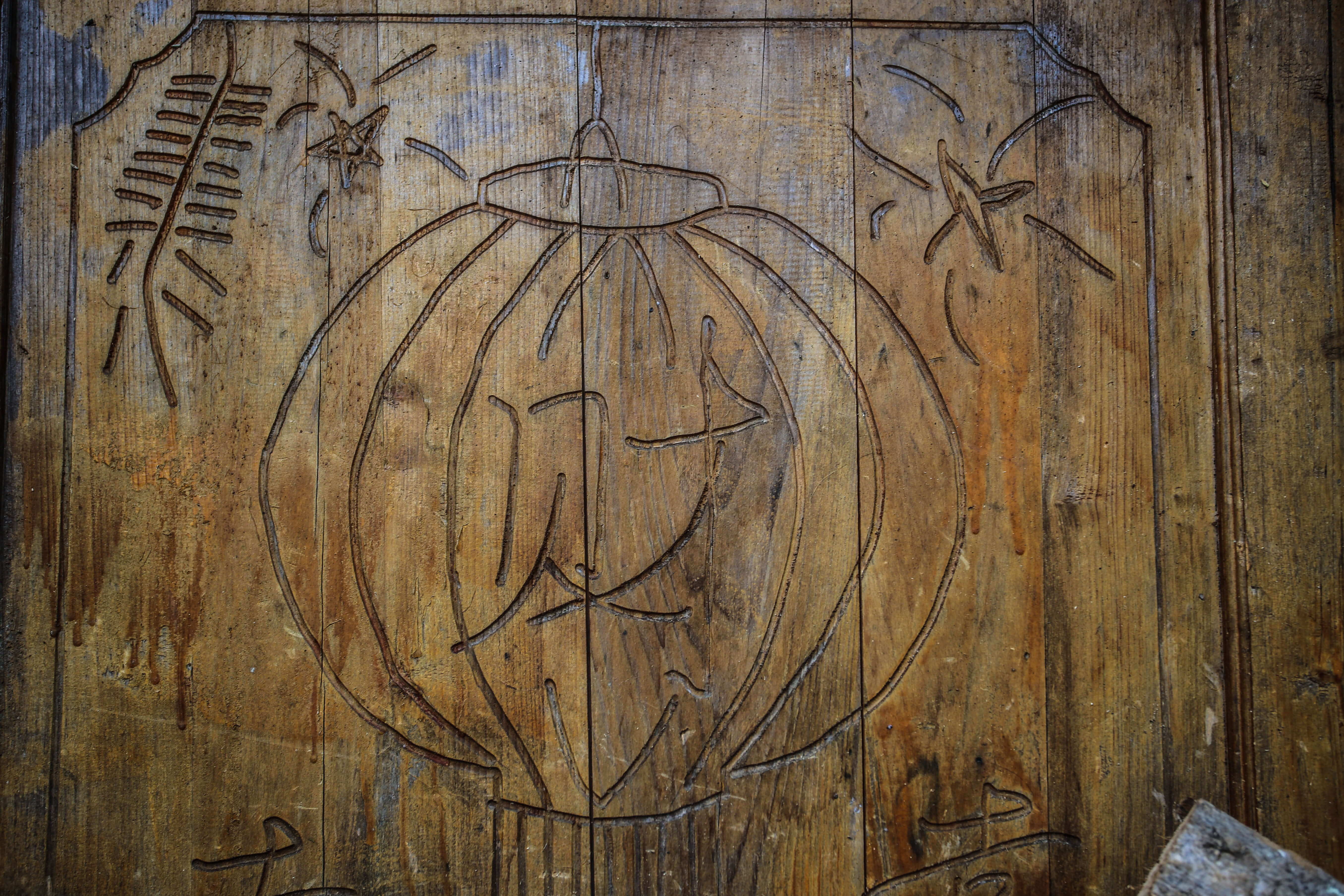
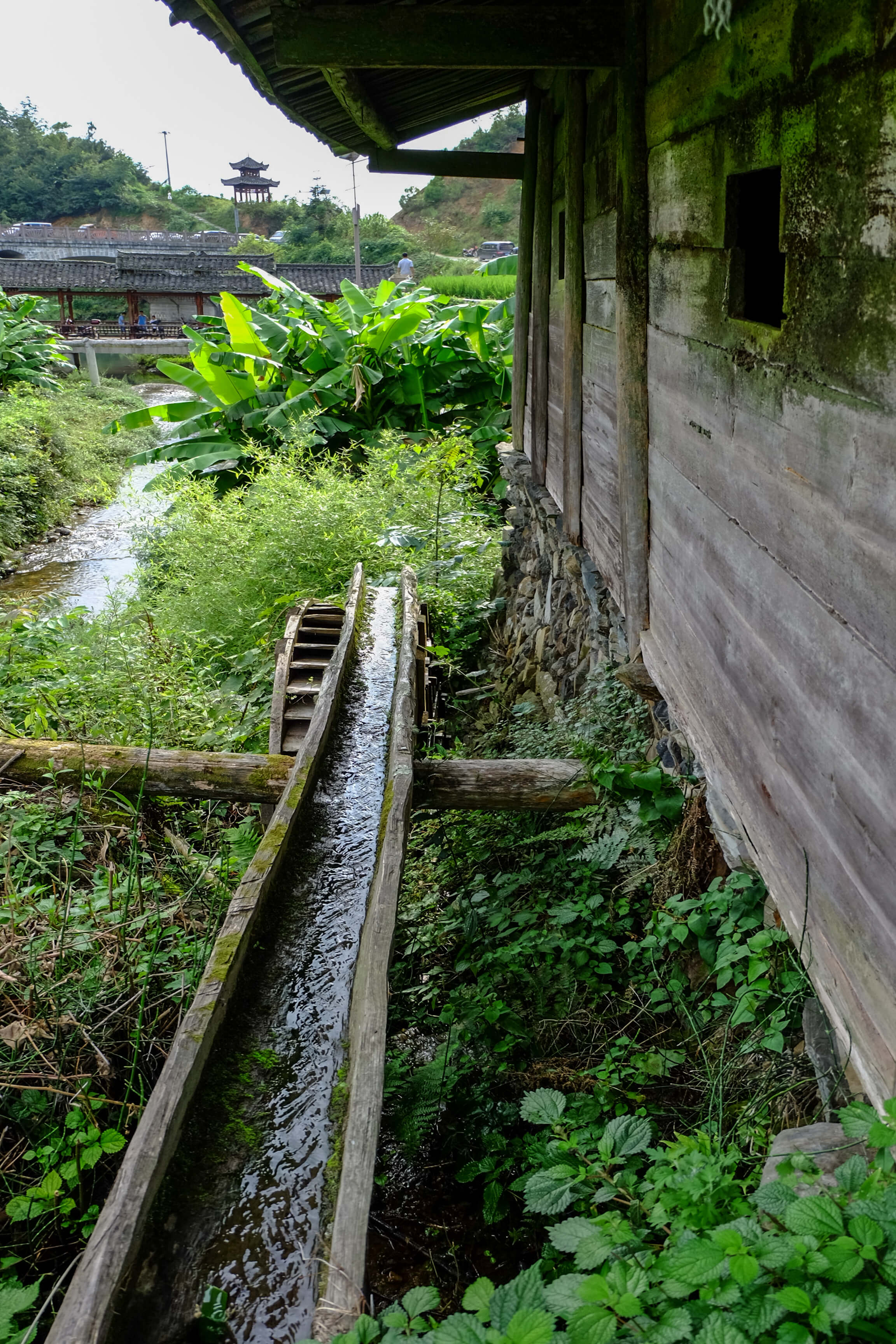
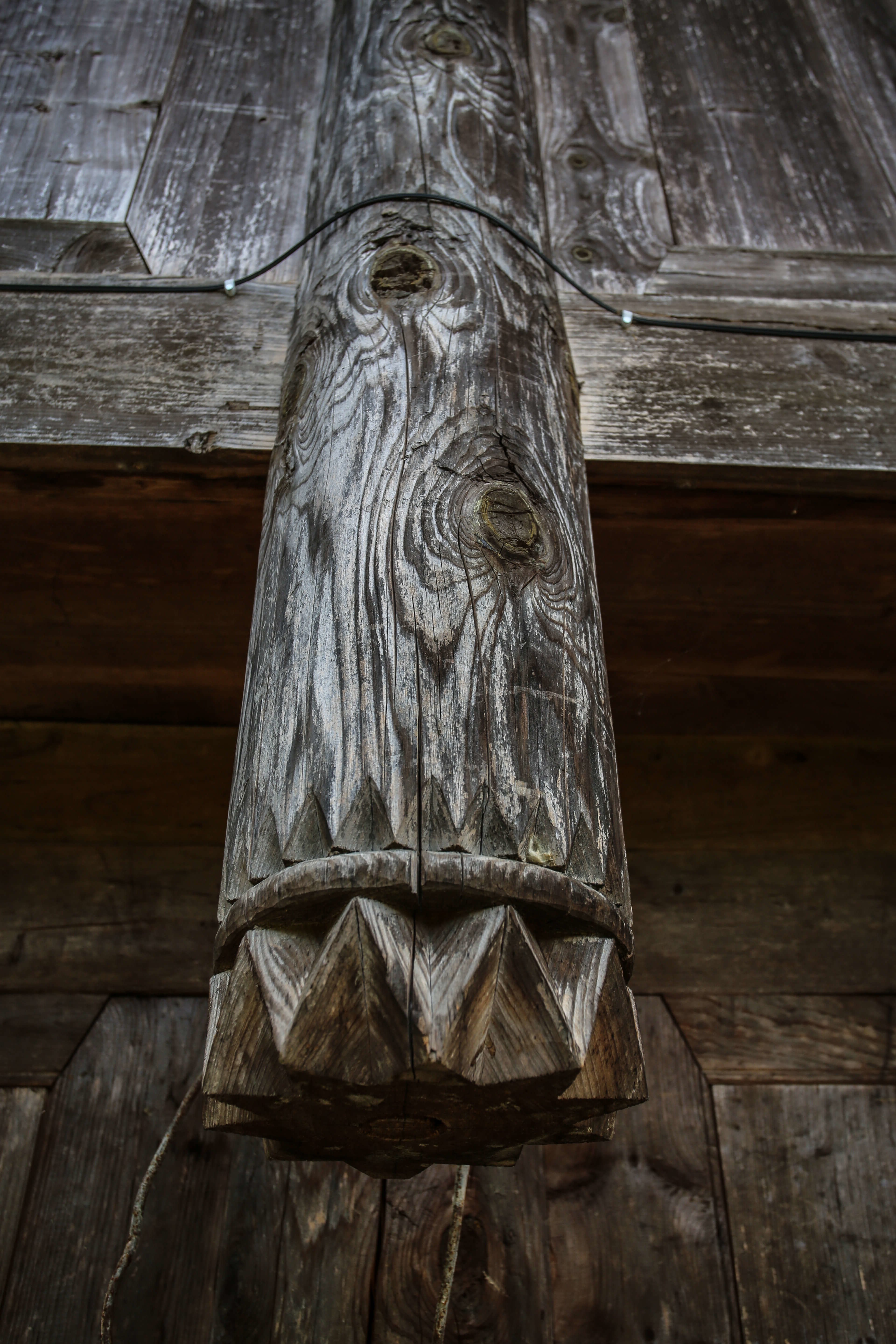
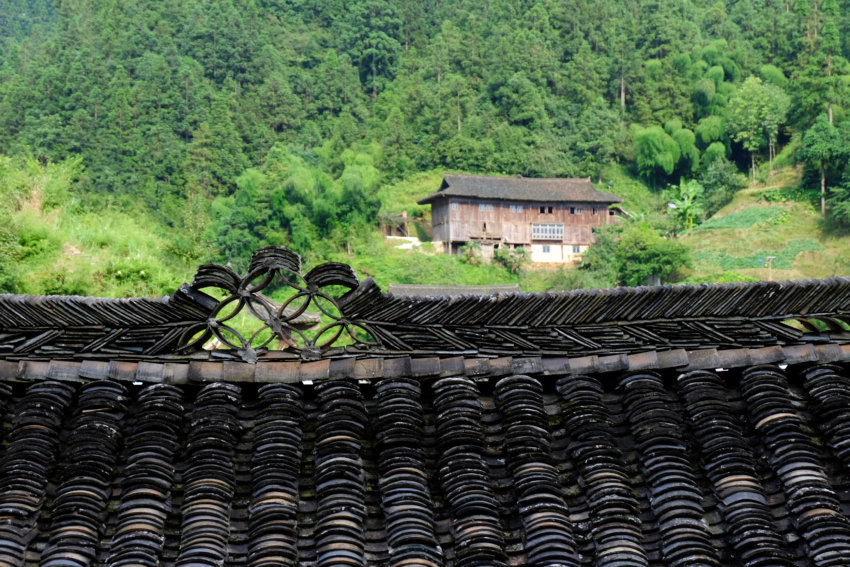
In Wudong can be found the oldest water mill in all of Leishan county, a 200 year old machine proudly still used today by its inhabitants.
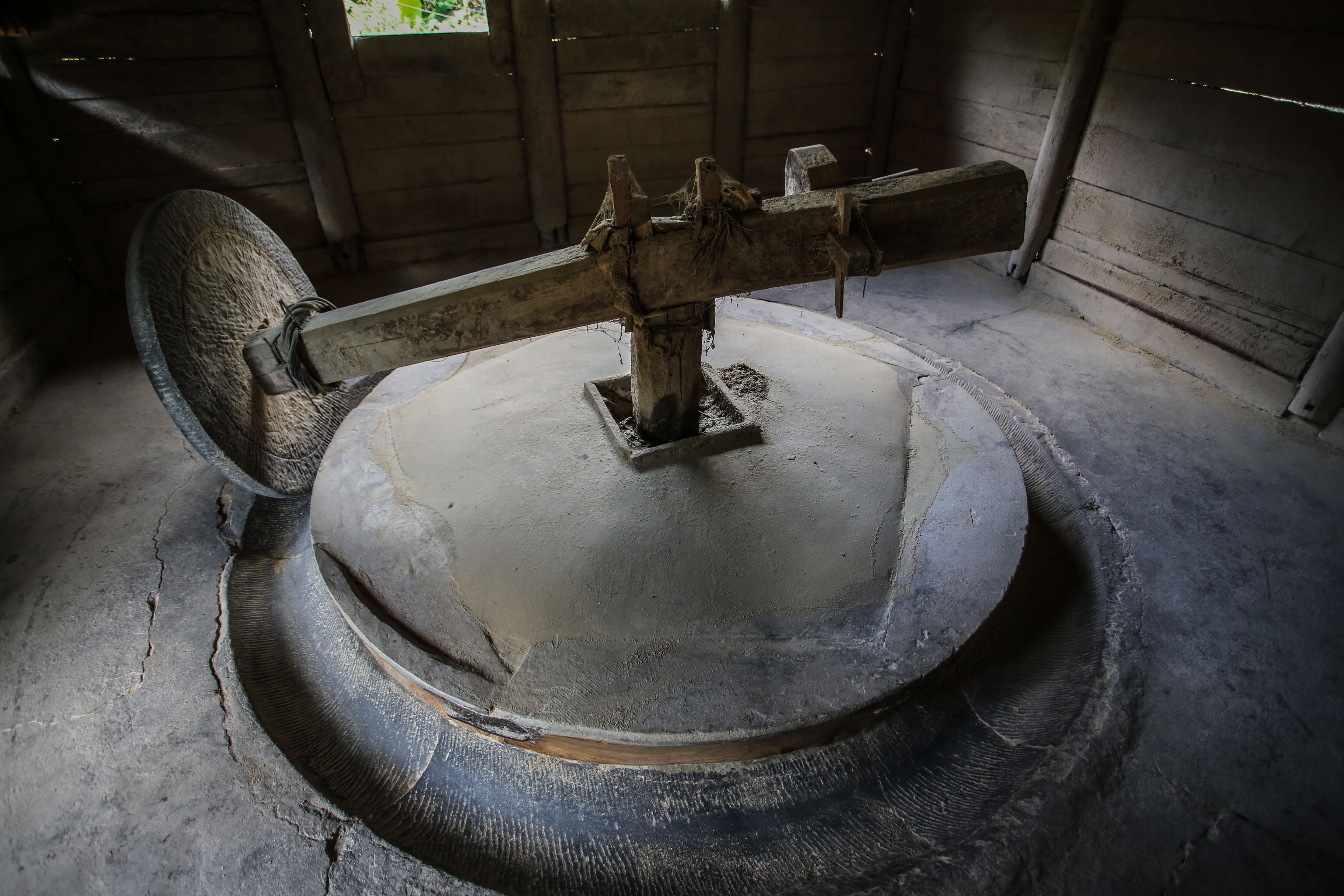
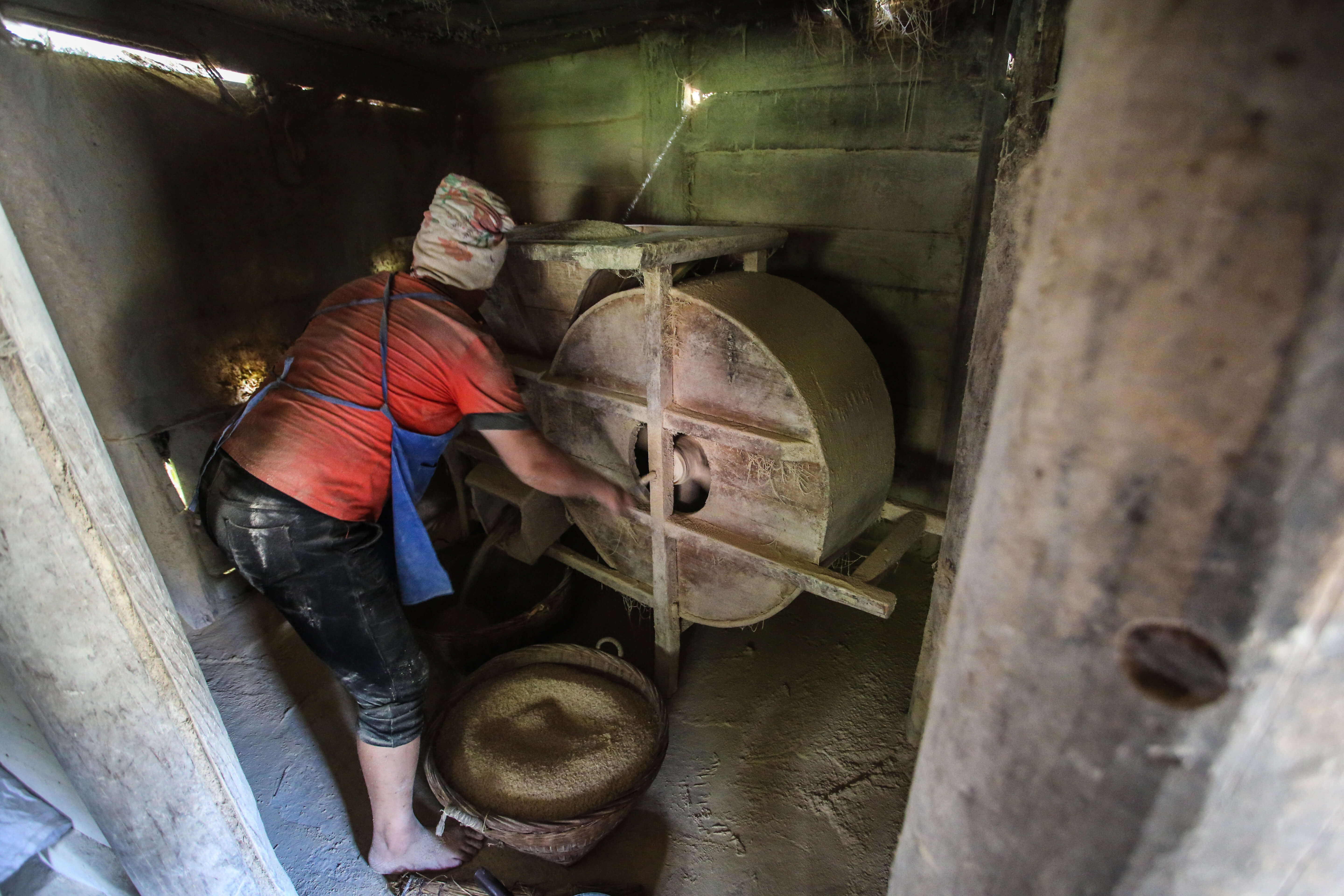
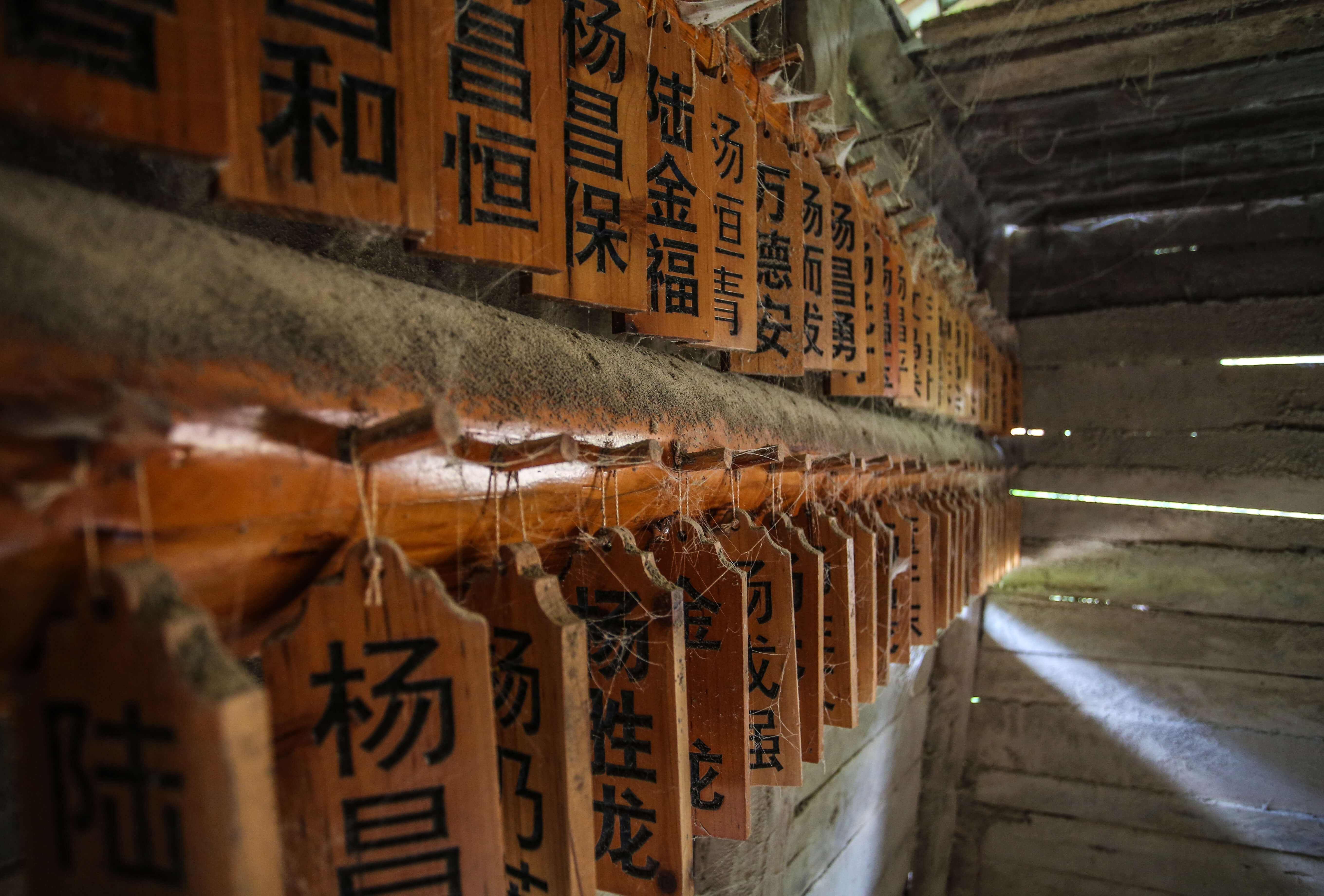
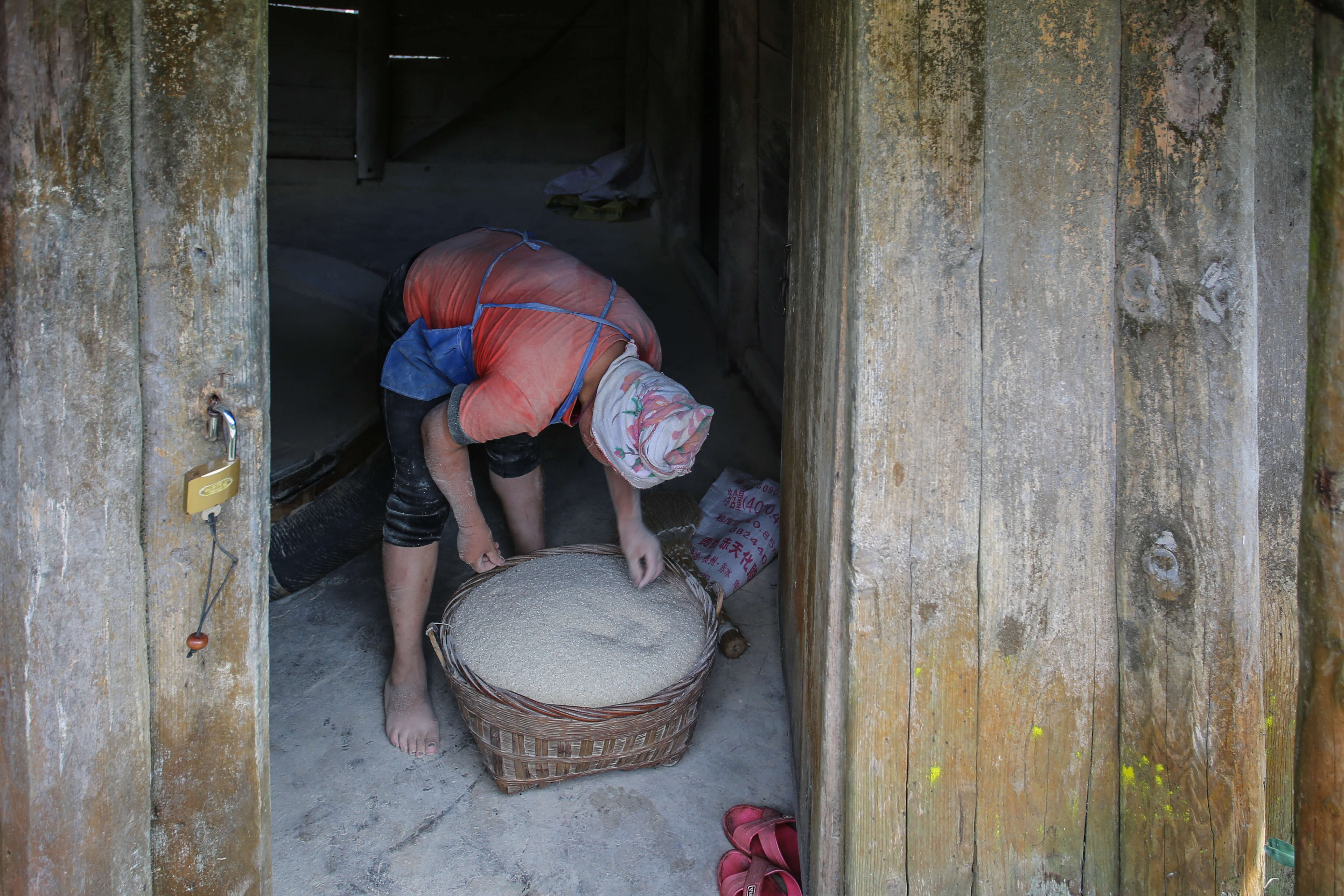
The village is free to visit and no entrance ticket is required (2019).
IF YOU FOUND THIS POST INTERESTING AND INSPIRING, HELP ME TO SHARE IT WITH OTHER TRAVELERS!
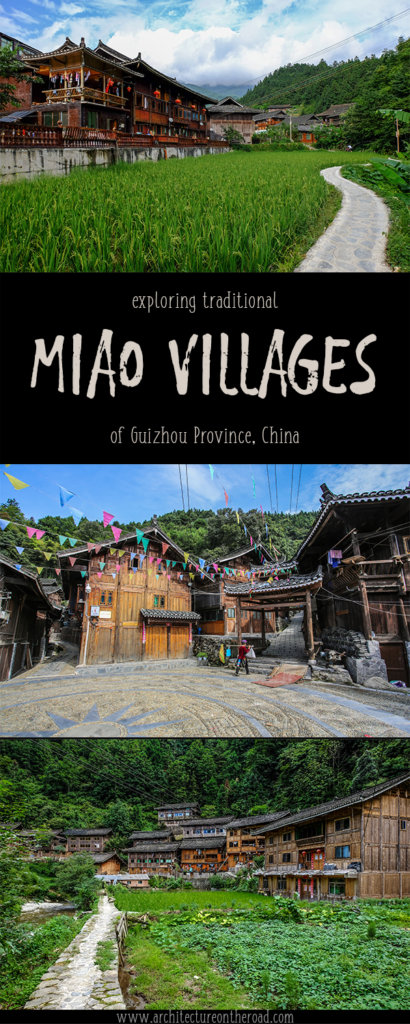
FRom the same province
stay tuned !
search for a destination
latest travel itineraries
latest CHINA articles
Text and pictures by
Architecture on the Road ©
Architecture on the Road
All rights reserved
All photographs on this site were taken and are owned by me (unless credited otherwise).
If you would like to use some of these photos for editorial or commercial purposes, many of these are available on Shutterstock (click the link below). Otherwise, please contact me on Instagram, Facebook, or by email.
Do not use my pictures without my written consent. Thank you!
